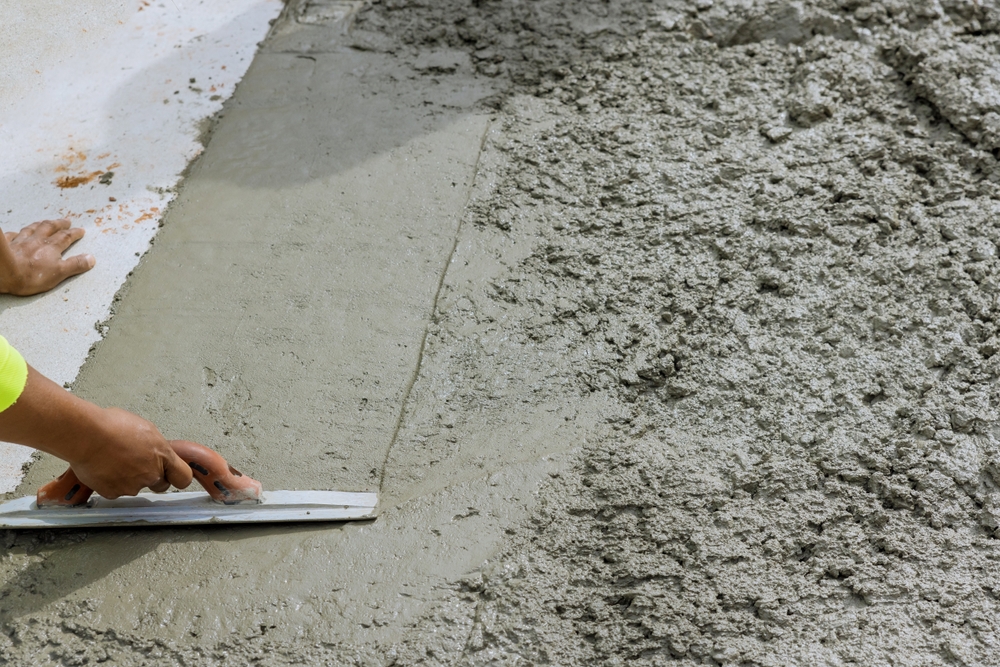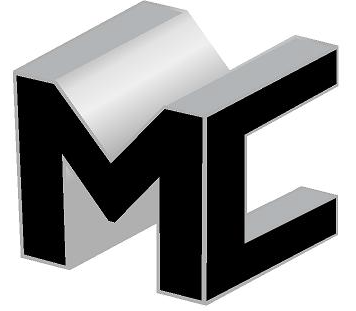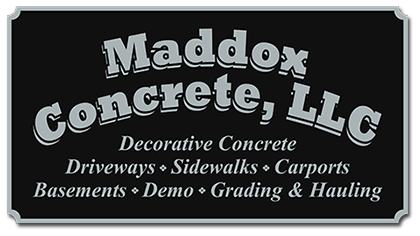

When embarking on a construction or DIY project, selecting the right type of concrete is crucial for ensuring structural integrity and longevity. Concrete comes in various mixes and formulations, each suited for specific applications. This guide will help you understand which type of concrete is best for your project, whether you are building a foundation, a driveway, or a patio.
Concrete Mixes
Concrete is a mixture of cement, water, aggregates (such as sand, gravel, or crushed stone), and sometimes additives. The ratio of these components determines the strength and durability of the concrete.
Standard Concrete Mixes
- C10/C15: Used for lightweight applications such as paths and patios.
- C20/C25: Commonly used for driveways, garage floors, and foundations for lighter structures.
- C30/C35: Suitable for structural beams, industrial floors, and heavy-duty foundations.
- C40 and above: Used for very heavy-duty construction such as roads, bridges, and high-rise buildings.
Project-Specific Concrete Needs
Foundations
For foundations, strength and durability are paramount. The strongest concrete mix for foundation work is typically a C30/C35 mix. This mix ensures the foundation can support significant weight and withstand various stresses over time.
Driveways and Pavements
Driveways and pavements require concrete that can withstand daily wear and tear, including vehicular traffic. A C20/C25 mix is ideal for these applications. This mix offers a good balance of strength and workability.
Patios and Pathways
For patios and pathways, a lighter concrete mix like C10/C15 is usually sufficient. These areas do not bear heavy loads, so a lower-strength concrete can be used, making it more cost-effective.
Ready-Mix Concrete vs. Bagged Concrete for DIY Projects
When deciding between ready-mix concrete and bagged concrete for your DIY project, several factors come into play, including convenience, cost, and the scale of the project.
Ready-Mix Concrete
Advantages:
- Convenience: Delivered to your site, reducing the need for manual mixing.
- Consistency: Professionally mixed to ensure a uniform product.
- Time-saving: Ideal for large projects where large quantities of concrete are needed quickly.
Disadvantages:
- Cost: Generally more expensive due to delivery and professional mixing.
- Minimum Order: Suppliers often have minimum order requirements, which may be more than needed for small projects.
Bagged Concrete
Advantages:
- Cost-effective: Cheaper than ready-mix, especially for small projects.
- Flexibility: Can be mixed on-site as needed, reducing waste.
- Accessibility: Available at most home improvement stores in various quantities.
Disadvantages:
- Labor-intensive: Requires manual mixing, which can be time-consuming and physically demanding.
- Inconsistency: The quality of the mix can vary depending on how well it is mixed on-site.
Special Types of Concrete
High-Strength Concrete
For projects requiring exceptional strength, such as high-rise buildings or heavy industrial floors, high-strength concrete mixes like C40 and above are used. These mixes contain higher amounts of cement and often include additives to enhance performance.
Lightweight Concrete
Used for non-load-bearing applications, lightweight concrete incorporates materials like expanded clay or shale to reduce the weight of the mix. This type is ideal for structures where weight reduction is crucial without compromising strength.
Rapid-Setting Concrete
Rapid-setting concrete is beneficial for projects that need to be completed quickly, such as repairs or installations in traffic-heavy areas. This type of concrete sets faster than standard mixes, allowing for quicker project turnaround.
Considerations for Choosing the Right Concrete
Project Scale
The size of your project will heavily influence the type of concrete you choose. Large projects might benefit more from ready-mix concrete due to the volume and consistency needed, while small-scale projects might be more cost-effective with bagged concrete.
Environmental Conditions
Consider the environmental conditions your project will face. For instance, if your project is in an area with frequent freeze-thaw cycles, choose a concrete mix with additives that enhance freeze-thaw resistance.
Load-Bearing Requirements
The load the concrete will bear is another critical factor. Structural elements like foundations and beams require high-strength concrete, while non-load-bearing elements can use lower-strength mixes.
Workability
The ease with which concrete can be mixed, placed, and finished is known as workability. For DIY projects, especially if you’re working alone or with limited help, a mix with higher workability will be easier to manage.
Conclusion
Choosing the right type of concrete for your project involves understanding the specific needs of your construction and balancing factors such as strength, cost, and convenience. For foundations, a C30/C35 mix provides the necessary strength and durability. For driveways and pavements, a C20/C25 mix offers a good balance of performance and cost. Patios and pathways can utilize a lighter C10/C15 mix. When deciding between ready-mix and bagged concrete, consider the project scale, budget, and your ability to manage the work involved.
Ultimately, the right concrete mix will ensure the longevity and safety of your construction project, providing a solid foundation for whatever you build.
Need Concrete Contractors in Sanford, NC?
We are the area’s best concrete company. We specialize in concrete finishing of all types of concrete for residential and commercial customers. Our services include pavement, driveways, footings, sidewalks, decorative concrete, hauling, demolition, and property grading. We’re fully insured. Contact us today for quality workmanship and service.

